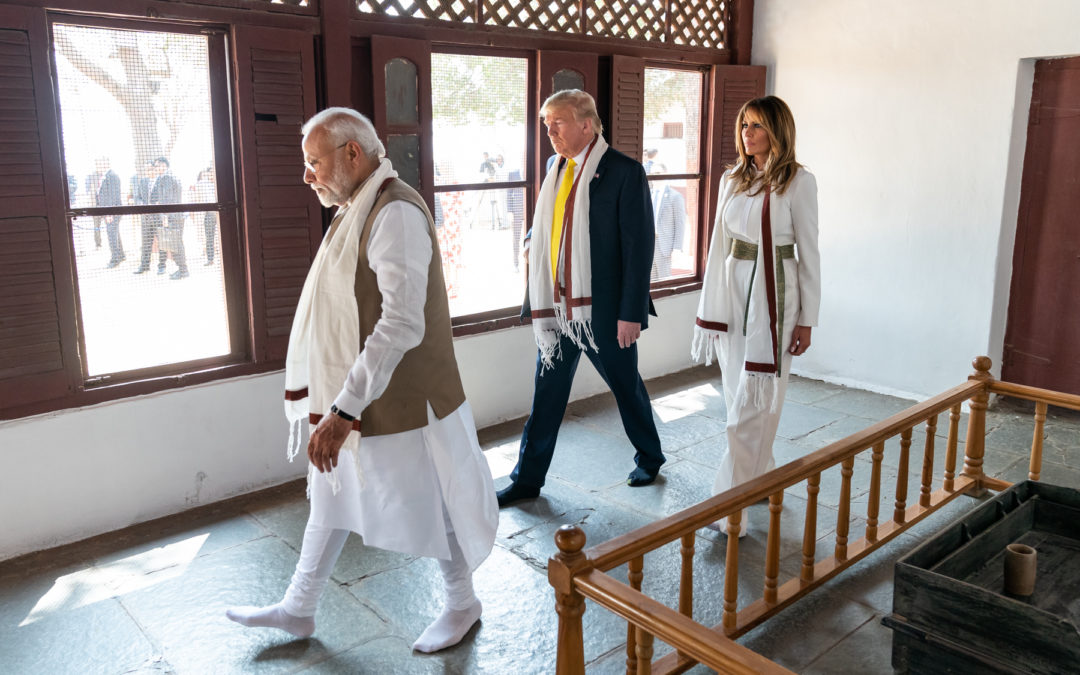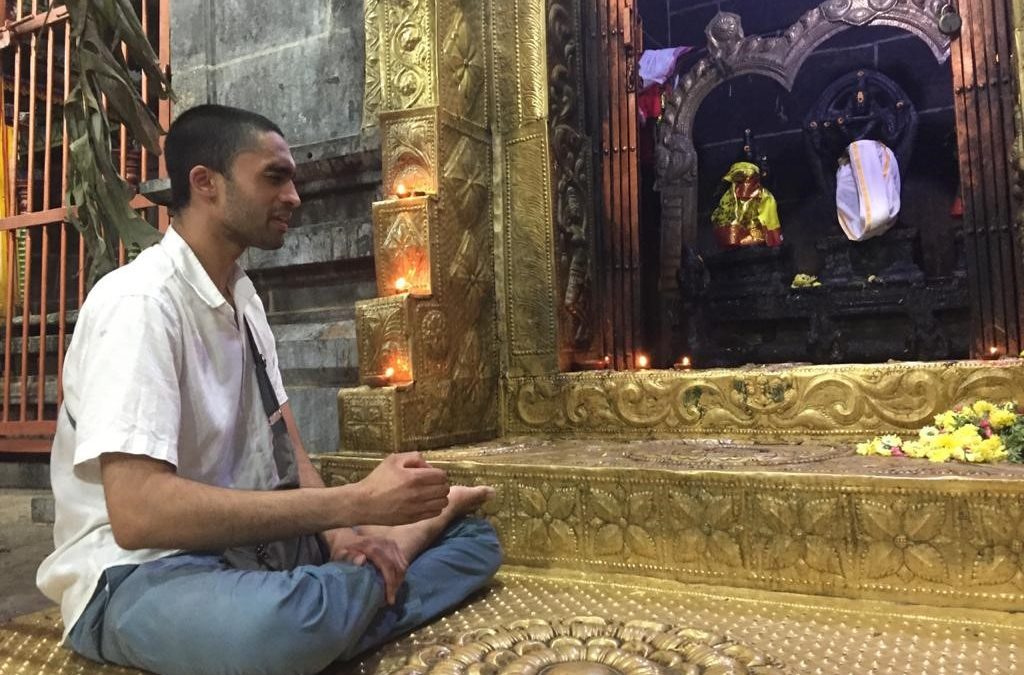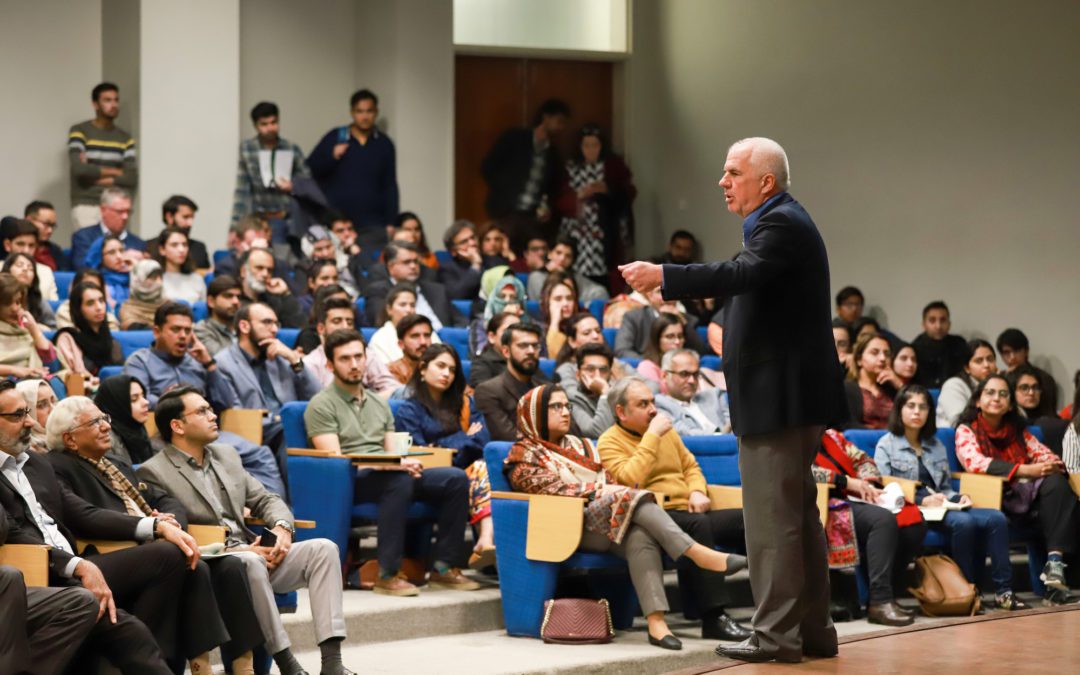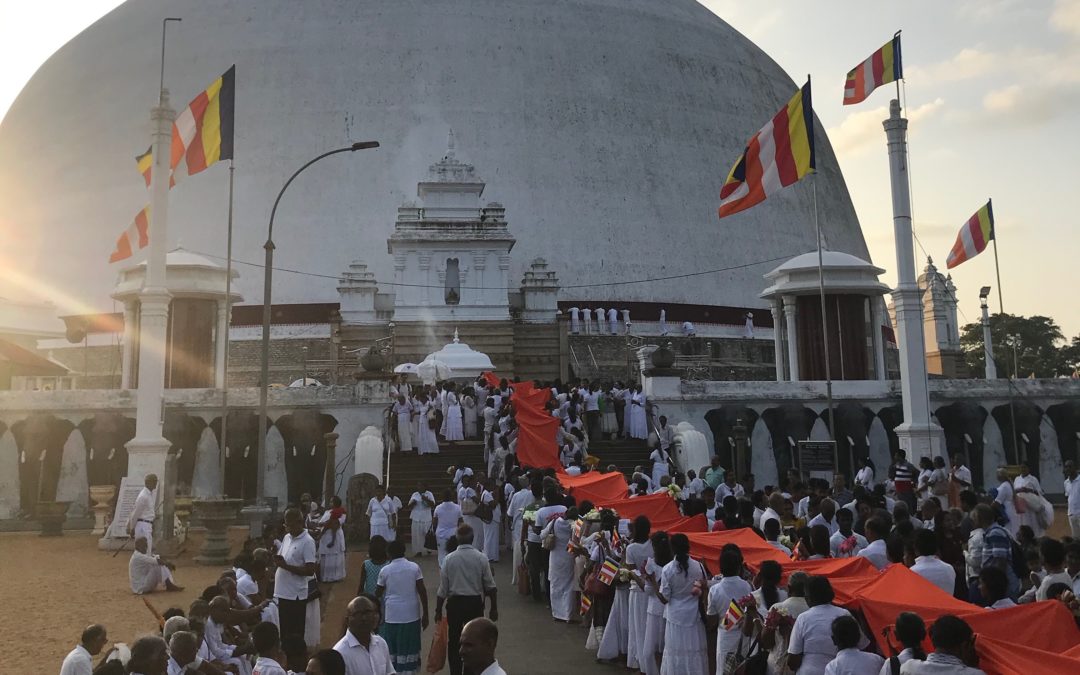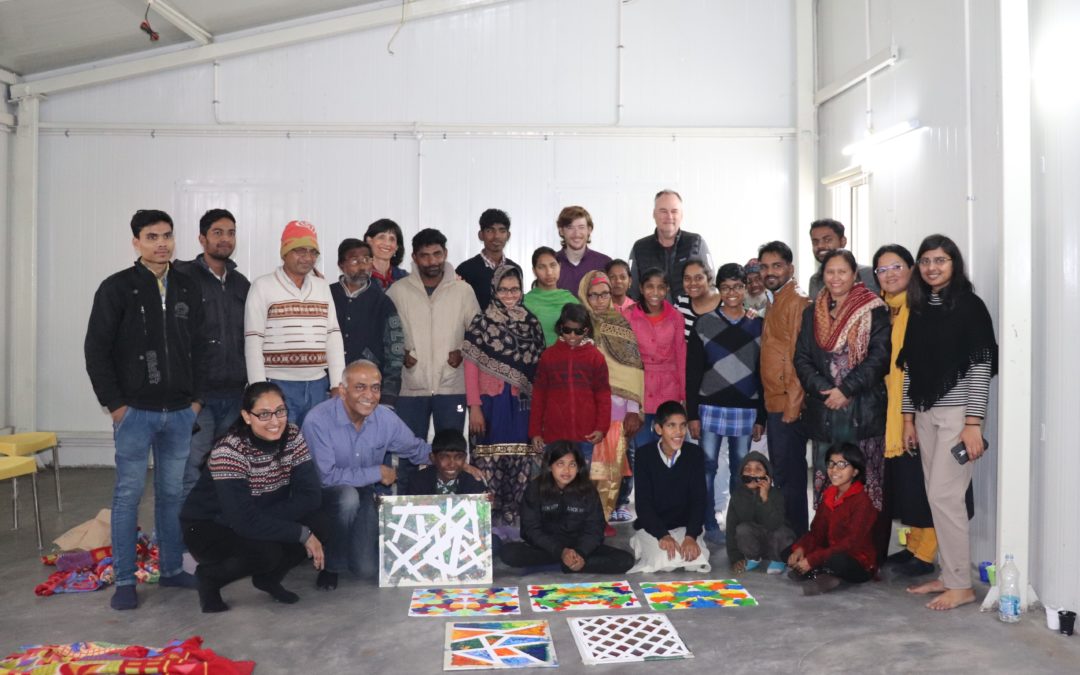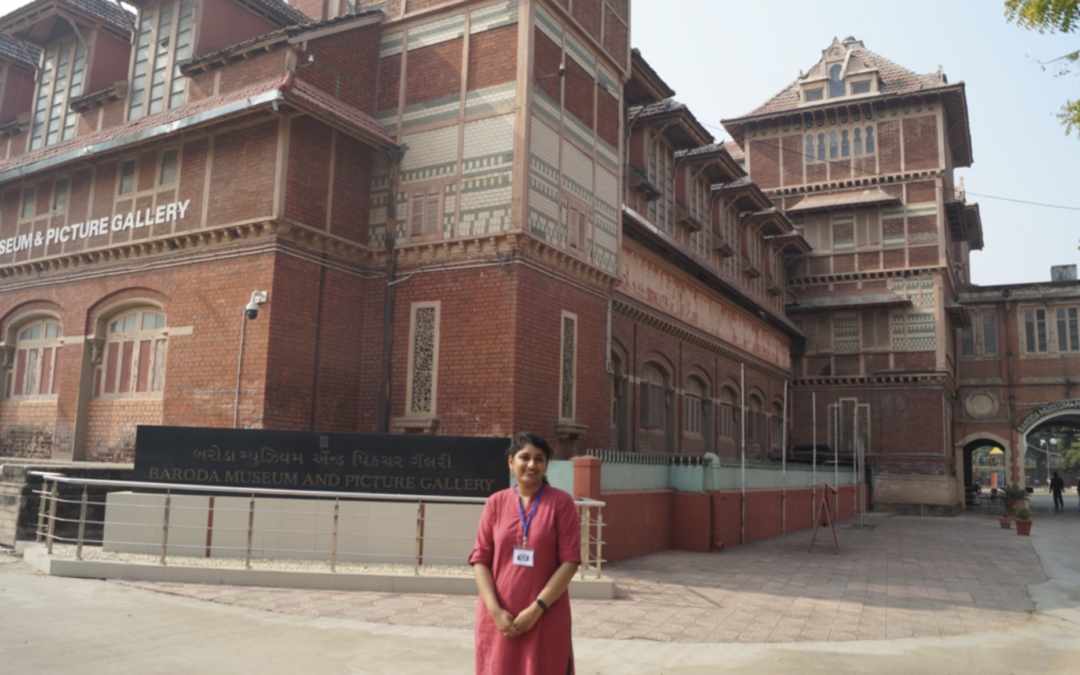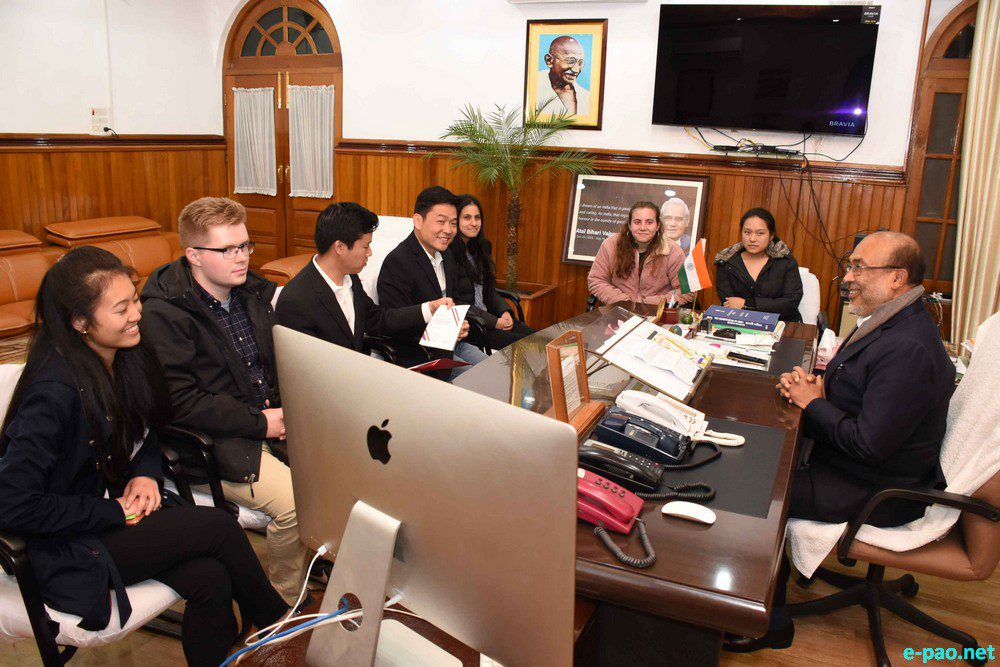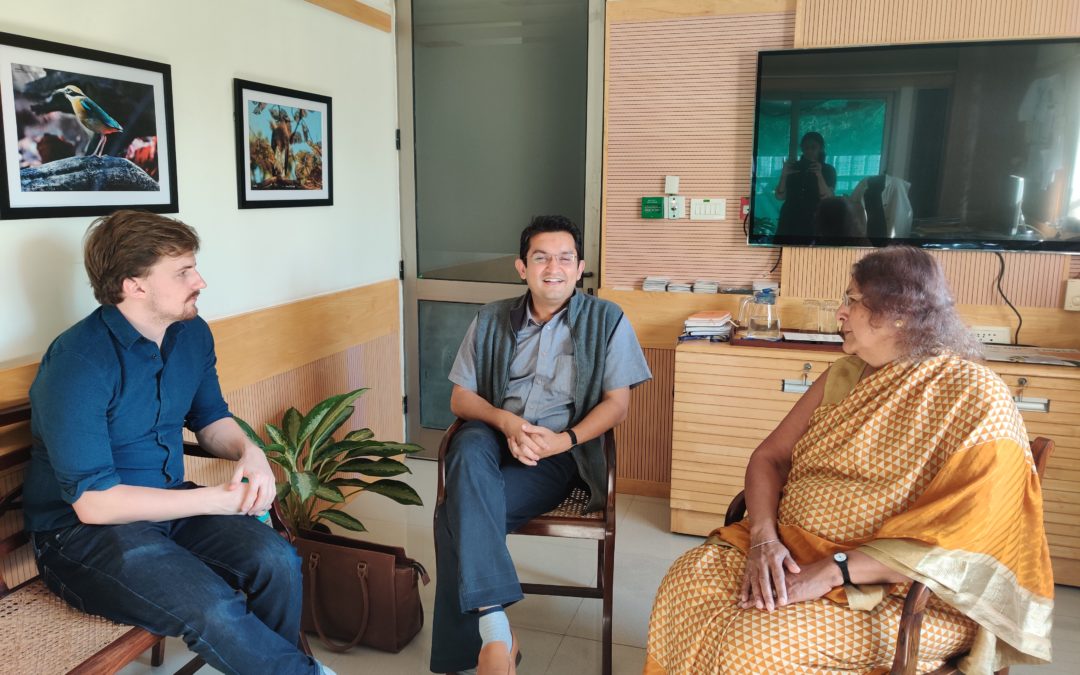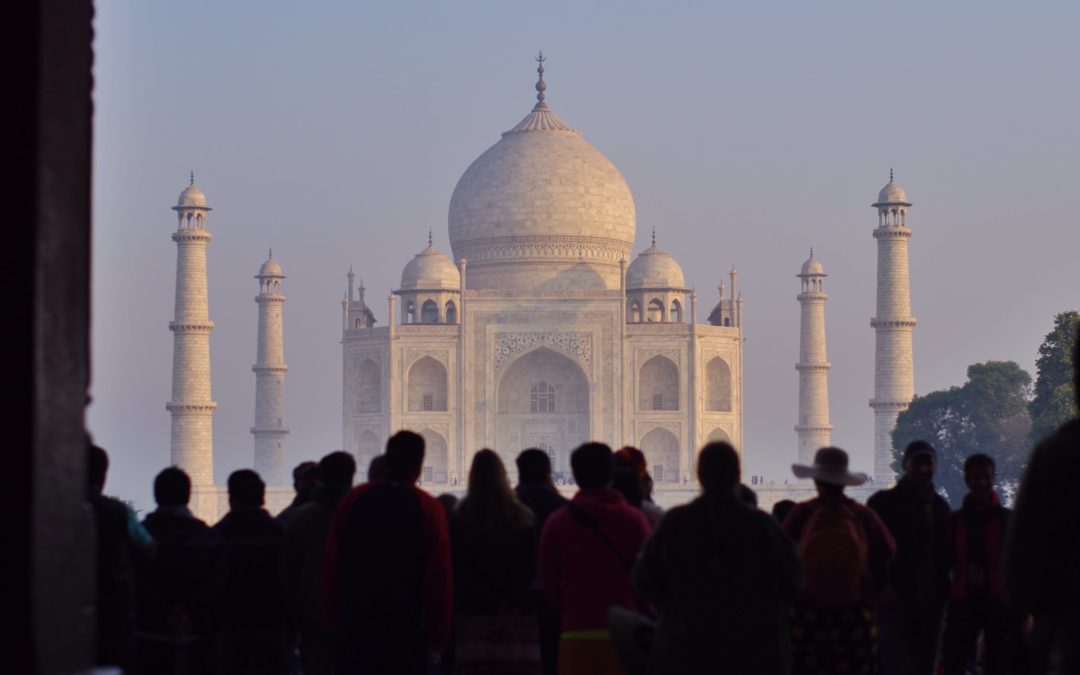Fatima Zahra: Improving the Wellbeing of Rohingya Refugees in Bangladesh
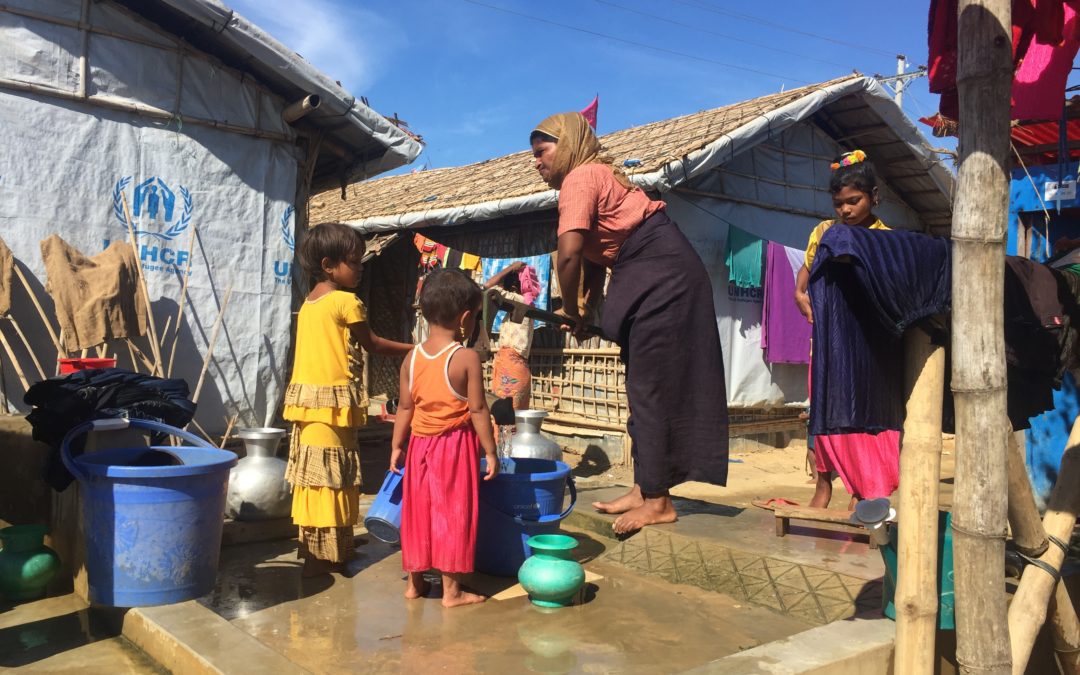
Fatima Zahra, Research Affiliate at the Mittal Institute and a Postdoctoral Research Fellow at Harvard University, has been working to design and implement socially responsible programs to address the loss of human potential and enhance life outcomes among the most marginalized. Recently, she was in Bangladesh for about three months to work at the Rohingya refugee camps and uncover ways to improve the mental and fiscal wellbeing of the refugees who live there.

